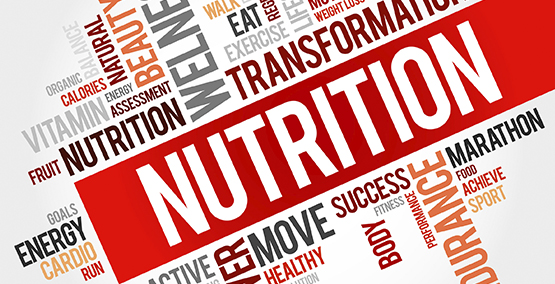
NEW IDEAS ABOUT NUTRITION IN CROHN'S AND COLITIS: ENTERAL NUTRITION
The Europeans, Canadians, and Japanese have been using aggressive nutritional therapy to treat Crohn's disease when a child or teen is diagnosed. These kids often have decreased growth (and delay in starting puberty). So the goal is to give them more (and better) nutrition–more calories with higher protein levels to improve growth and the kids' general health, and to replace or supplement what they may not be able to absorb completely through inflamed intestines.
The medical teams calculate the child's or teen's nutritional needs and provide for those needs using a liquid formula for 8- 12 weeks. They could drink the formula or have it go through a tube into the stomach. This approach, called enteral nutrition, which basically means tube-fed nutrition (even when someone drinks the formula).
The results have been promising. On average, 73% of the children go into clinical remission and have no symptoms. This compares to the effectiveness of steroids when they are given as the first therapy after diagnosis. A study in 90 children (Lee and others, Inflammatory Bowel Dis, 2015) showed that 88% improved on enteral nutrition which was about the same as those who had gone onto one of the biologic medicines and better than the 64 % response seen when children only followed the diet part time.
Why Does Enteral Nutrition Work?
● It could be because the child is getting in the extra nutrition (the nutrients and calories) they need that they might not otherwise be able to eat when they're not feeling well.
● It could be because all of the nutrients are being absorbed high up in the intestine, which gives the lower intestine time to heal.
● It could be what's in the formulas. As we now know nutrients can change the balance of the intestinal microbiome to a healthier flora, giving the immune system less to overreact to.
● Or it could be that drinking one drink, with just one protein source eliminates other foods that could be irritating to the intestines.

Limitations
● Drinking a formula as the only thing they have for every meal is difficult, even when it's only for 8-12 weeks. Some people don't want to continue the liquid diet and want to change over to a different diet or medicine or both, when they finish. Also, there's no evidence that it works long-term.
● It doesn't seem that enteral nutrition is as effective for ulcerative colitis or Crohn's in the large intestine (colon)
● We don't know if enteral nutrition will work as well for adults.
● Using the formula for breakfast, lunch and then eating a solid, healthy dinner provides 60 -80% of the calories someone needs and is known as partial enteral nutrition. That still gives good results but not as good as just drinking the formula.
● Enteral nutrition isn't as good when it's used for a flare (50 – 80% will improve or go into remission). But that still means it may be useful, particularly in combination with medications.
This article, as well as all others, was reviewed and edited by a member of our Medical Advisory Board.
Subscribe Be the first to know




